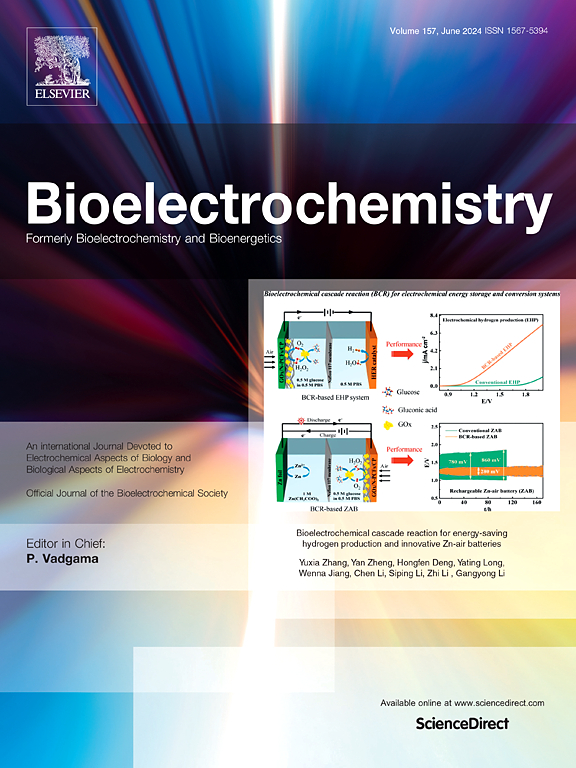Potential vulnerability and resilience to accelerated brain aging in women exposed to stressful life events: insights from the brain age prediction model
IF 3.6
2区 医学
Q1 NEUROSCIENCES
引用次数: 0
Abstract
Brain age prediction models consistently reveal accelerated brain aging in psychiatric disorders, yet associations with stress, independent of formal psychiatric diagnoses, remain uncertain. This study investigated the relationships of emotional and alcohol-use symptoms, common and often comorbid stress-related symptoms, and resilience with brain aging using high-resolution structural MRI data from 520 women who experienced stressful life events. Participants were divided into four groups based on the presence of emotional and alcohol-use symptoms: no symptoms (n = 287), emotional symptoms only (n = 93), alcohol-use symptoms only (n = 79), or both symptoms (n = 61). Individual brain age gap (BAG)—the difference between predicted brain age and chronological age—was calculated using a deep learning-based brain age prediction model. Individual and interactive associations of the presence of two symptoms with BAG were assessed using two-way ANCOVA. Relationships of a continuous composite symptom score integrating both symptoms and resilience with BAG were evaluated. Participants with both symptoms exhibited significantly larger BAG than the other groups, with a statistically significant interaction between two symptom domains (p = 0.017). Across the full sample, composite symptom scores were positively associated with BAG (β = 0.16, p = 0.004), with an even stronger association within individuals with both symptoms (β = 0.34, p < 0.001). Conversely, higher resilience was linked to smaller BAG across all participants (β = −0.10, p = 0.046). The negative association between resilience and BAG was statistically mediated by the composite symptom score (b = −0.011, p = 0.010). These findings may suggest a synergistic, more-than-additive association between stress-related symptoms and accelerated brain aging, as well as a potentially buffering association of resilience.
面对压力生活事件的女性大脑加速老化的潜在脆弱性和复原力:来自大脑年龄预测模型的见解
脑年龄预测模型一致地揭示了精神疾病中加速的脑衰老,但与压力的关联,独立于正式的精神病学诊断,仍然不确定。这项研究利用520名经历过压力生活事件的女性的高分辨率结构MRI数据,调查了情绪和酒精使用症状、常见的和经常共病的压力相关症状以及恢复力与大脑衰老的关系。根据情绪和酒精使用症状的存在将参与者分为四组:无症状(n = 287)、只有情绪症状(n = 93)、只有酒精使用症状(n = 79)或两种症状都有(n = 61)。个体脑年龄差距(BAG)——预测脑年龄与实足年龄之间的差异——使用基于深度学习的脑年龄预测模型进行计算。使用双向ANCOVA评估两种症状与BAG存在的个体和相互关联。综合症状和恢复力的连续复合症状评分与BAG的关系进行评估。两种症状的参与者表现出明显大于其他组的BAG,两种症状域之间的相互作用具有统计学意义(p = 0.017)。在整个样本中,综合症状评分与BAG呈正相关(β = 0.16, p = 0.004),在具有两种症状的个体中,相关性更强(β = 0.34, p < 0.001)。相反,所有参与者的高弹性与较小的BAG相关(β = - 0.10, p = 0.046)。心理弹性与BAG的负相关被综合症状评分介导(b = - 0.011, p = 0.010)。这些发现可能表明,压力相关症状与大脑加速衰老之间存在一种协同作用,而不是相加的关联,以及一种潜在的缓冲关联。
本文章由计算机程序翻译,如有差异,请以英文原文为准。
求助全文
约1分钟内获得全文
求助全文
来源期刊

Neurobiology of Stress
Biochemistry, Genetics and Molecular Biology-Biochemistry
CiteScore
9.40
自引率
4.00%
发文量
74
审稿时长
48 days
期刊介绍:
Neurobiology of Stress is a multidisciplinary journal for the publication of original research and review articles on basic, translational and clinical research into stress and related disorders. It will focus on the impact of stress on the brain from cellular to behavioral functions and stress-related neuropsychiatric disorders (such as depression, trauma and anxiety). The translation of basic research findings into real-world applications will be a key aim of the journal.
Basic, translational and clinical research on the following topics as they relate to stress will be covered:
Molecular substrates and cell signaling,
Genetics and epigenetics,
Stress circuitry,
Structural and physiological plasticity,
Developmental Aspects,
Laboratory models of stress,
Neuroinflammation and pathology,
Memory and Cognition,
Motivational Processes,
Fear and Anxiety,
Stress-related neuropsychiatric disorders (including depression, PTSD, substance abuse),
Neuropsychopharmacology.
 求助内容:
求助内容: 应助结果提醒方式:
应助结果提醒方式:


